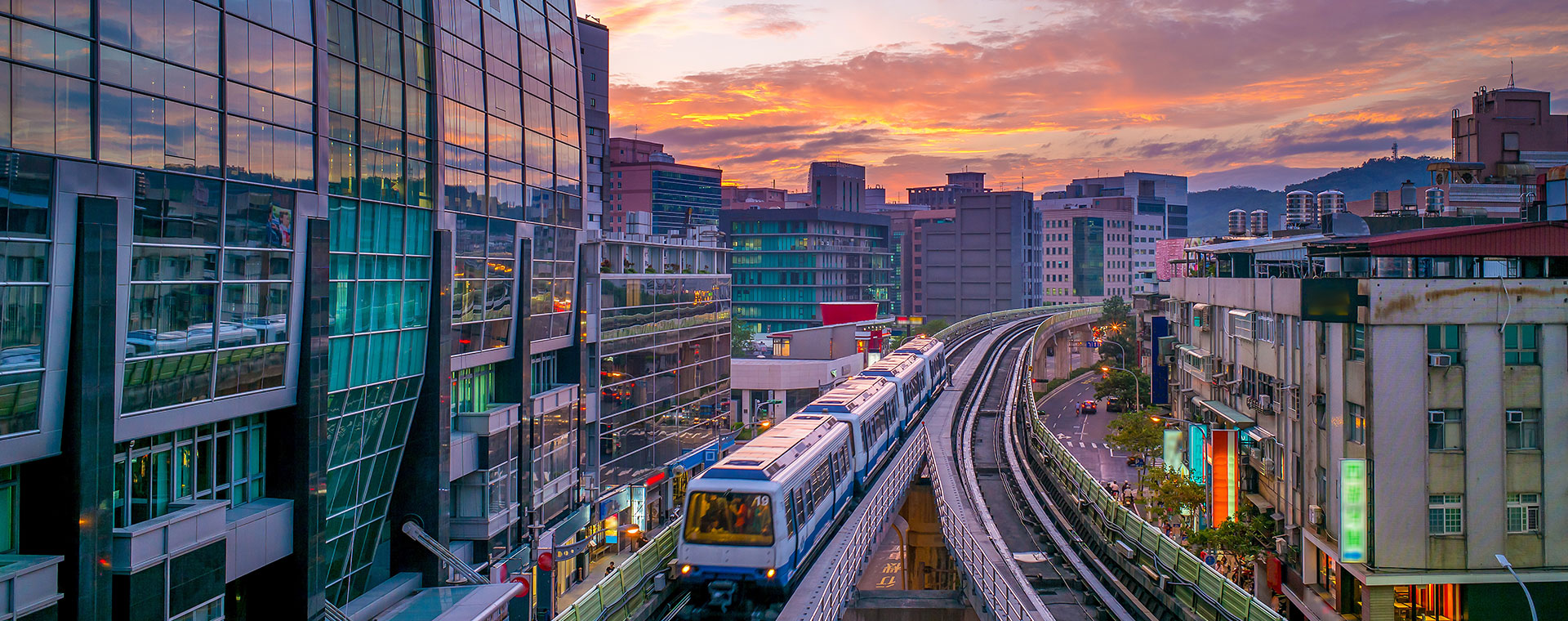Edito
Infrastructure
Are we on track to adapt our infrastructure networks with our growing needs between now and 2050?
-
Federico Tarragoni
Political sociologist and professor at the University of Caen-Normandie

There is no consensus for environmental policies in the European Union. In certain situations, governments demonstrate a mixed stance, supporting initiatives like the Green Deal while also deregulating pesticides. In other cases, they clearly reject the objectives of the green transition.
These differences can be found in a number of European countries, particularly those run by far-right governments. In some cases, such as Italy, the lack of environmental commitments is striking.
The European Union's modest environmental objectives are thus confronted with ambivalent, even contradictory policies. Yet the impact of these objectives on transport and traffic will be undeniable.
To reconcile divergent economic and political interests, we must foster a genuine dialogue at the European level. The issue of mobility infrastructure lies at the heart of these disparities, assuming paramount importance in some countries, while relegated to the margins of policymaking in others.
This dialogue naturally involves the European Parliament. Strengthening the power of this institution — the most democratic and representative entity for Europeans — is therefore a priority.
To bring this dialogue to life, we also need to further engage the youth, whose European identity is often more pronounced through experiences such as Erasmus mobility programs. Young people must play a central role in the decision-making process for green transition policies, specifically regarding transport infrastructure.
To support Europe's most vulnerable countries and peoples, a cohesive and solidarity-driven approach is necessary to ensure they can fully benefit from the ecological transition. A balanced and inclusive approach is needed to guarantee the effectiveness of environmental policies, while avoiding the reinforcement of social inequalities on a national and European scale.
-
 Interview
Design
Interview
Design
In transportation planning, should cities be our top priority?
Zeina Nazer, Co-founder of Cities Forum and vice president of ITS UK Road User Charging Forum
-
 Insights
Design
Insights
Design
Mobility of tomorrow and urban design: do citizens have a say in what their cities look like?
Edith Maruéjouls, Founder of the Design Office L'ARObE
A city that adopts an inclusive approach to urban planning is one that rethinks the status of women and the gendered nature of public spaces. -
 Insights
Design
Insights
Design
Urban design and the mobility of tomorrow: do citizens have a say in what their cities look like?
Lior Steinberg, Urban planner and cofounder of Humankind
I believe that, in tomorrow’s world, cars will have retreated from our cities. -
 Interview
Cars
Interview
Cars
What encourages people to choose public transportation over private cars?
Van den Brandt Elke, Minister for Mobility, Public Works and Road Safety within the government of the Brussels-Capital Region in Belgium
-
 Insights
Infrastructure
Insights
Infrastructure
Are we on track to adapt our infrastructure networks with our growing needs by 2050?
Halpern Charlotte, FNSP tenured researcher at Sciences Po Paris', Centre for European Studies and Comparative Politics
In recent years, the adaptation of transport infrastructure has emerged as a major issue on the agenda of all international organizations.


